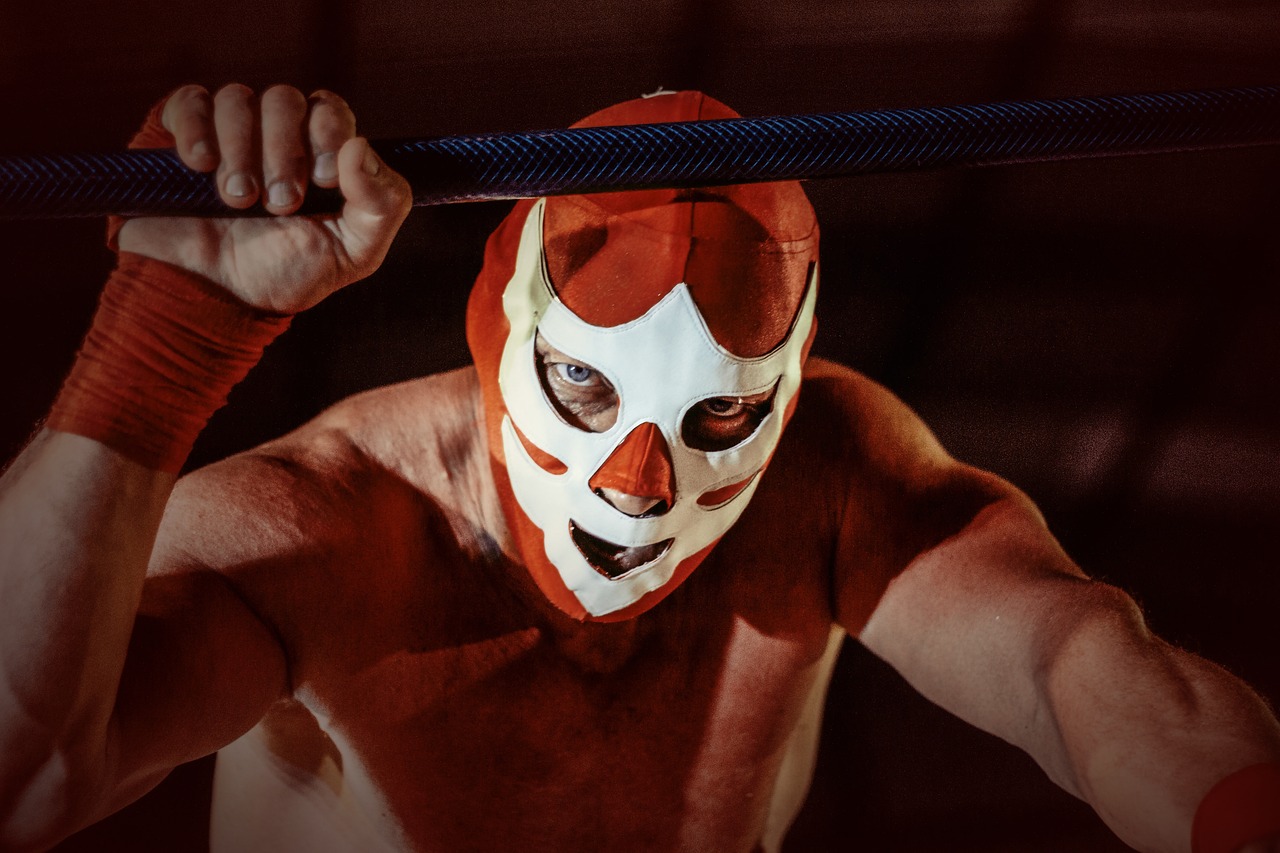
In a world where professional wrestling has predominantly been a showcase of muscled, larger-than-life male characters—most of whom were white—WWE has been taking strides to break barriers and introduce an unprecedented era of diversity and inclusion. With the global stage as its playground, this entertainment behemoth is redefining what it means to be a WWE Superstar, from nationality and race to gender and sexuality.
The Landscape of Change
In recent years, the WWE landscape has become significantly more diverse. Superstars like Kofi Kingston, a Ghanaian-American, and Jinder Mahal, of Indian descent, have won the WWE Championship, the company’s top title. Asuka, a Japanese wrestler, has been a dominant force in the women’s division, while LGBTQ+ representation has also increased, with Sonya Deville leading the charge. This transition from a homogenized environment to a more inclusive landscape is more than just lip service; it’s a business strategy aimed at resonating with a global audience.
The Ripple Effect vs. The Odds Game
The impact of diversity and inclusion in WWE is monumental, far-reaching, and different in nature from other combat sports like UFC. For example, discussions surrounding UFC often focus on the UFC fight odds, analyzing the statistical probability of each fighter’s victory. While the mechanics of WWE are scripted, and thus the concept of “odds” is less applicable, the narrative is rich with the sort of inspiration that transcends statistical probabilities.
When children see someone who looks like them, talks like them, or loves like them achieve the highest honors in WWE, it creates a ripple effect that odds in UFC fights can’t capture. These icons inspire younger generations to dream big, to believe that they too could be Superstars, irrespective of their background or personal choices. The power of representation cannot be understated; it breaks down societal barriers and stereotypes, providing fertile ground for inclusivity and mutual respect to flourish.
Behind the Scenes
WWE’s commitment to diversity and inclusion is not just evident in the ring but also backstage. They’ve collaborated with organizations like the Boys & Girls Clubs of America and Special Olympics, providing opportunities for the underrepresented. Initiatives aimed at improving diversity hiring and training protocols are underway. Even the creative writing teams are being diversified to capture a variety of perspectives, which in turn enriches the narratives on-screen.
The Challenges Ahead
However, the path to inclusivity is fraught with challenges. Wrestling, like any other sport or entertainment medium, is not immune to prejudices or systemic issues. There’s a fine line between representation and tokenism, between embracing diversity and perpetuating stereotypes. For instance, while Jinder Mahal’s WWE Championship win was a breakthrough for South Asian representation, some critics argued that his character leaned into harmful stereotypes, limiting the narrative’s complexity and nuance.
There’s also the challenge of retaining authenticity. As WWE strives to reflect a myriad of cultures and experiences, it must do so without diluting the essence that makes each unique. Moreover, its global outreach should be consistent and continuous, rather than sporadic or confined to specific market strategies.
A Milestone, Not a Destination
The work WWE has done to foster diversity and inclusion is commendable, but it’s crucial to remember that this is a journey and not a destination. The success stories of the present should not overshadow the efforts that still need to be made. A more equitable future in WWE requires constant vigilance, assessment, and the courage to pivot when strategies are not effective.
Conclusion
As WWE continues to carve out its niche in an increasingly globalized world, its commitment to diversity and inclusion becomes not just a corporate responsibility but a mandate for growth and global resonance. The organization has made significant progress, breaking barriers and shattering glass ceilings, but the wrestling ring is a microcosm of the world at large, and much remains to be done.
In the end, WWE is grappling with issues bigger than any one individual, Superstar or not. It’s wrestling with society’s preconceptions and prejudices, pinning down stereotypes, and contending with the intricate dance of global cultural dynamics. As fans, all we can do is cheer them on and hold them accountable, in the hope that the term ‘Superstar’ becomes ever more inclusive, reflecting the rich tapestry of humanity it aims to entertain.













